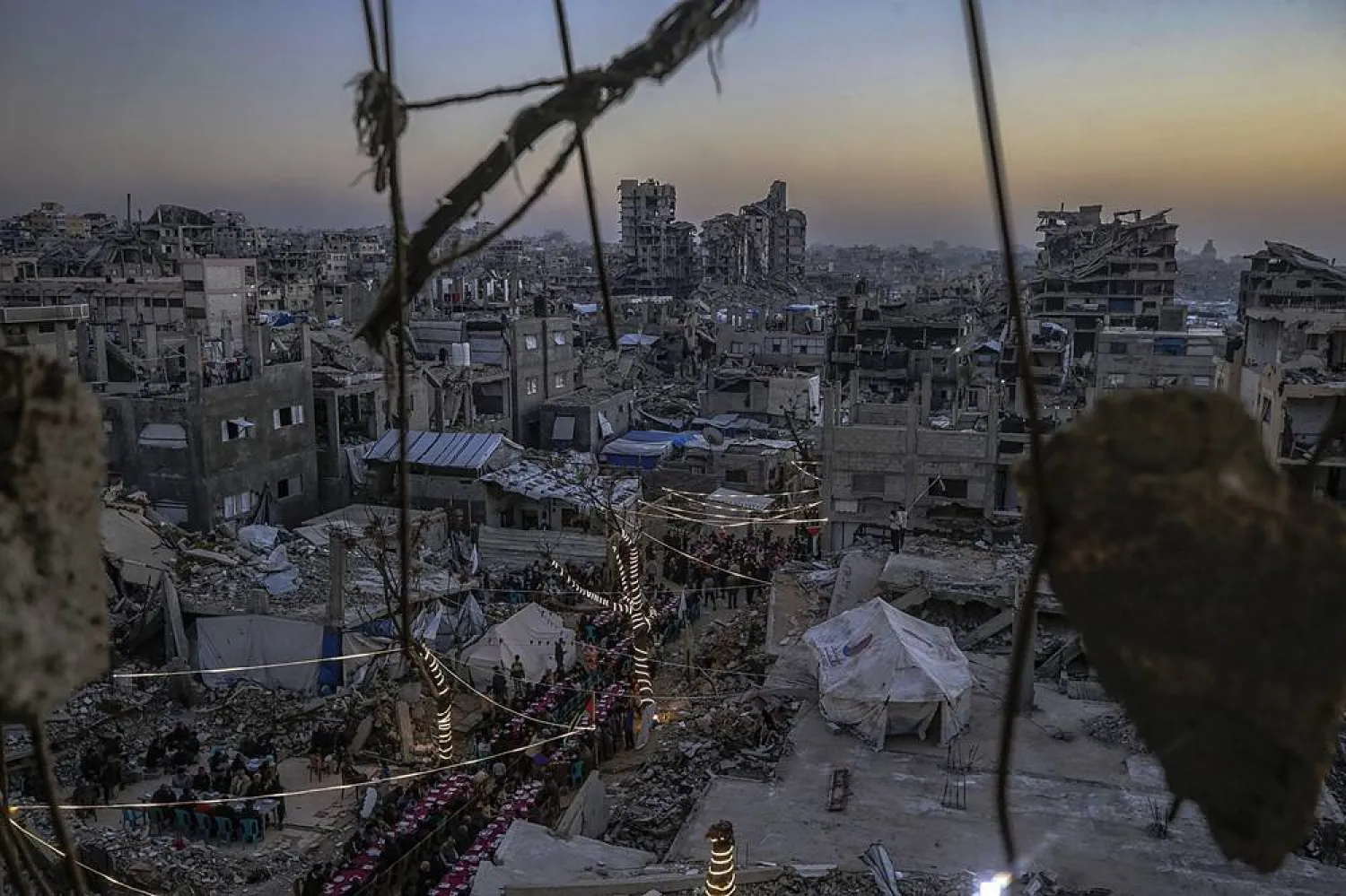Russian forces in Syria are working to prevent the situation from escalating, which could draw Syria into the ongoing conflict in Palestine and Lebanon. According to Russian National Security Council Secretary Sergei Shoigu, who recently toured the region, “the situation in the Middle East remains highly complex and tense, and it is essential to continue reintegrating Syria into the regional environment.”
As part of these efforts, Russian forces have set up a military checkpoint on the bridge connecting the so-called “seven villages” with areas west of the Euphrates, allowing the access of Syrian government and Russian forces, while barring Iranian militias and other armed groups from entering.
In 2022, Iran built this bridge to link areas it controls west of the Euphrates with the seven villages its allied militias control east of the river. The bridge, connecting Al-Husayniyah (east of the Euphrates) and Al-Huwayqa (west of the Euphrates), facilitates the transfer of weapons and military supplies across both sides of the river for these militias.
According to sources from the Syrian Observatory for Human Rights (SOHR), this Russian measure follows repeated clashes between the US-led International Coalition and Iranian-backed militias affiliated with the Iranian Revolutionary Guard Corps (IRGC) in the area.
The seven villages in the Deir Ezzor countryside—Al-Salihiyah, Hatlah, Khasham, Marat, Tabiyah, Mazlum, and Al-Husayniyah—are under Syrian government control and include local elements connected to Iranian militias. The bridge serves as a strategic link between the city and these villages. Russia’s move aims to assert military control over these villages by restricting entry and exit solely to Russian and government forces, in an effort to de-escalate military tensions in the area.
On Wednesday, two members of local Iranian-aligned militias died from injuries sustained a few days earlier in a US strike near Deir Ezzor Military Airport on Oct. 31, which also injured several others.
In recent days, US forces have conducted daily heavy artillery shelling in the seven villages and areas west of the Euphrates, citing the presence of Iran-backed fighters who are targeting nearby US bases.
Russia had previously requested that the IRGC withdraw Iran-affiliated militias from locations near Deir Ezzor Military Airport and other sites in the city. This request was made during a meeting on Oct. 18 between a Russian military representative in Syria and an IRGC representative in Deir Ezzor, held at a government security facility, according to local media sources.
Russian media indicate that Shoigu’s recent actions have focused on preventing the situation from escalating into a major confrontation, which could significantly harm Russian interests in the region.
Deir Ezzor province and its surroundings have been experiencing increased security instability, which has worsened as Iran and its militias shift their focus toward the conflict in Lebanon and the Israeli attacks on Hezbollah and Iranian forces.
Iranian Militias Barred from Entering 'Seven Villages' Area in Syria's Deir Ezzor

Russian officers with the people of Deir Ezzor for the distribution of aid (X)

Iranian Militias Barred from Entering 'Seven Villages' Area in Syria's Deir Ezzor

Russian officers with the people of Deir Ezzor for the distribution of aid (X)
لم تشترك بعد
انشئ حساباً خاصاً بك لتحصل على أخبار مخصصة لك ولتتمتع بخاصية حفظ المقالات وتتلقى نشراتنا البريدية المتنوعة







